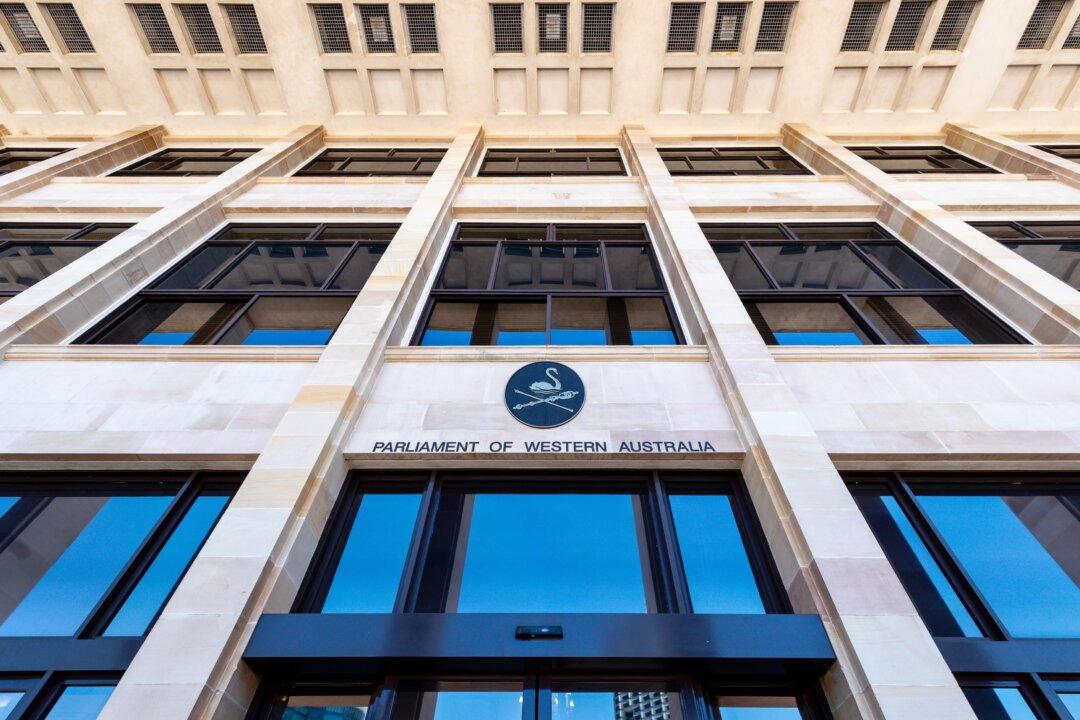The Western Australian Labor Party has announced that the Upper House will face a complete overhaul—despite Premier Mark McGowan’s repeated assurance stating otherwise—leading some to call into question McGowan’s integrity following an election promise saw record high regional support.
Despite McGowan’s expressed support for “enhanced regional representation in Parliament,” the restructure will serve to achieve the exact opposite, says head of law at Sheridan Institute and former law reform commissioner Augusto Zimmermann.





